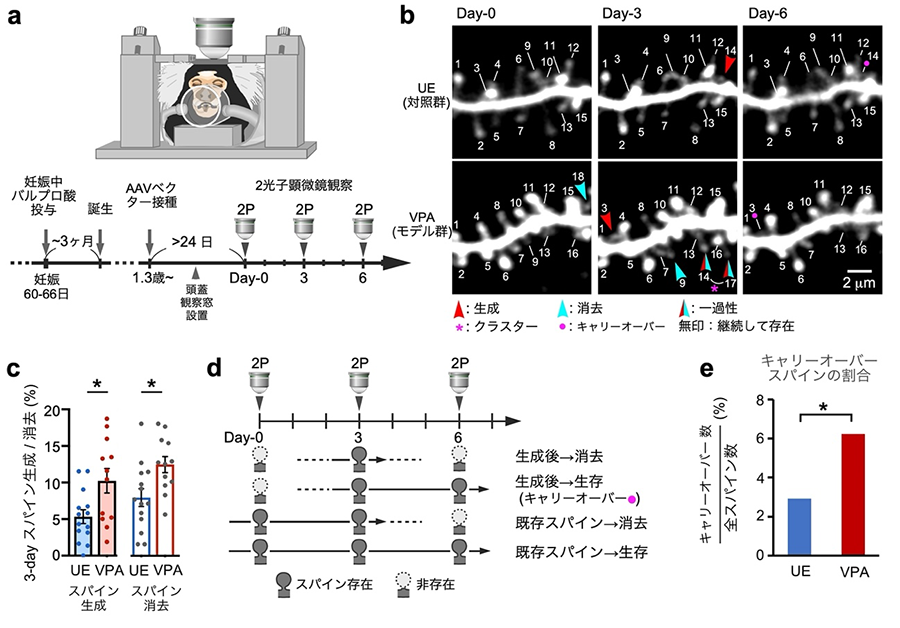2024-06-11 シンガポール国立大学(NUS)
<関連情報>
- https://news.nus.edu.sg/early-linguistic-signs-dementia-studying-natural-speech-seniors/
- https://alz-journals.onlinelibrary.wiley.com/doi/10.1002/dad2.12588
認知症高齢者の自然な発話から、具体性効果の逆転を発見 Reversal of the concreteness effect can be detected in the natural speech of older adults with amnestic, but not non-amnestic, mild cognitive impairment
Luwen Cao, Kunmei Han, Li Lin, Jiawen Hing, Vincent Ooi, Nick Huang, Junhong Yu, Ted Kheng Siang Ng, Lei Feng, Rathi Mahendran, Ee Heok Kua, Zhiming Bao
Alzheimer’s & Dementia: Diagnosis, Assessment & Disease Monitoring Published: 18 April 2024
DOI:https://doi.org/10.1002/dad2.12588

Abstract
INTRODUCTION
Patients with Alzheimer’s disease present with difficulty in lexical retrieval and reversal of the concreteness effect in nouns. Little is known about the phenomena before the onset of symptoms. We anticipate early linguistic signs in the speech of people who suffer from amnestic mild cognitive impairment (MCI). Here, we report the results of a corpus-linguistic approach to the early detection of cognitive impairment.
METHODS
One hundred forty-eight English-speaking Singaporeans provided natural speech data, on topics of their choice; 74 were diagnosed with single-domain MCI (38 amnestic, 36 non-amnestic), 74 cognitively healthy. The recordings yield 267,310 words, which are tagged for parts of speech. We calculate the per-minute word counts and concreteness scores of all tagged words, nouns, and verbs in the dataset.
RESULTS
Compared to controls, subjects with amnestic MCI produce fewer but more abstract nouns. Verbs are not affected.
DISCUSSION
Slower retrieval of nouns and the reversal of the concreteness effect in nouns are manifested in natural speech and can be detected early through corpus-based analysis.
Highlights
- Reversal of the concreteness effect is manifested in patients with Alzheimer’s disease (AD) and semantic dementia.
- The paper reports a corpus-based analysis of natural speech by people with amnestic and non-amnestic mild cognitive impairment (MCI) and cognitively healthy controls.
- People with amnestic MCI produce fewer and more abstract nouns than people with non-amnestic MCI and healthy controls. Verbs appear to be unaffected.
- The imageability problem can be detected in natural everyday speech by people with amnestic MCI, which carries a higher risk of conversion to AD.


